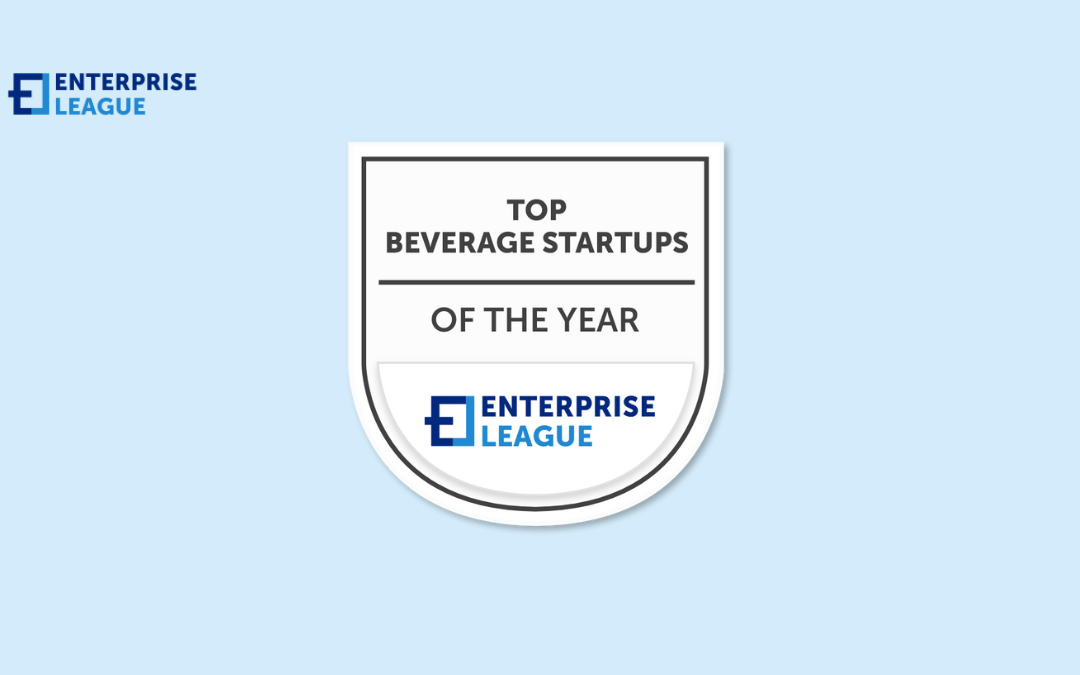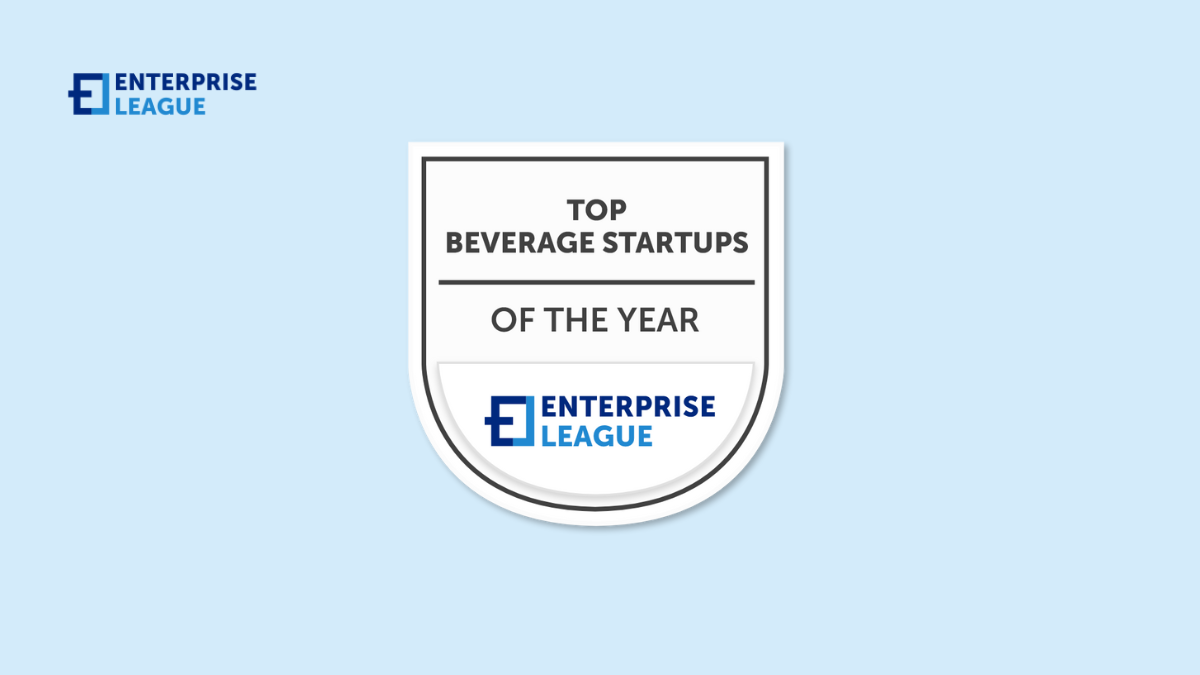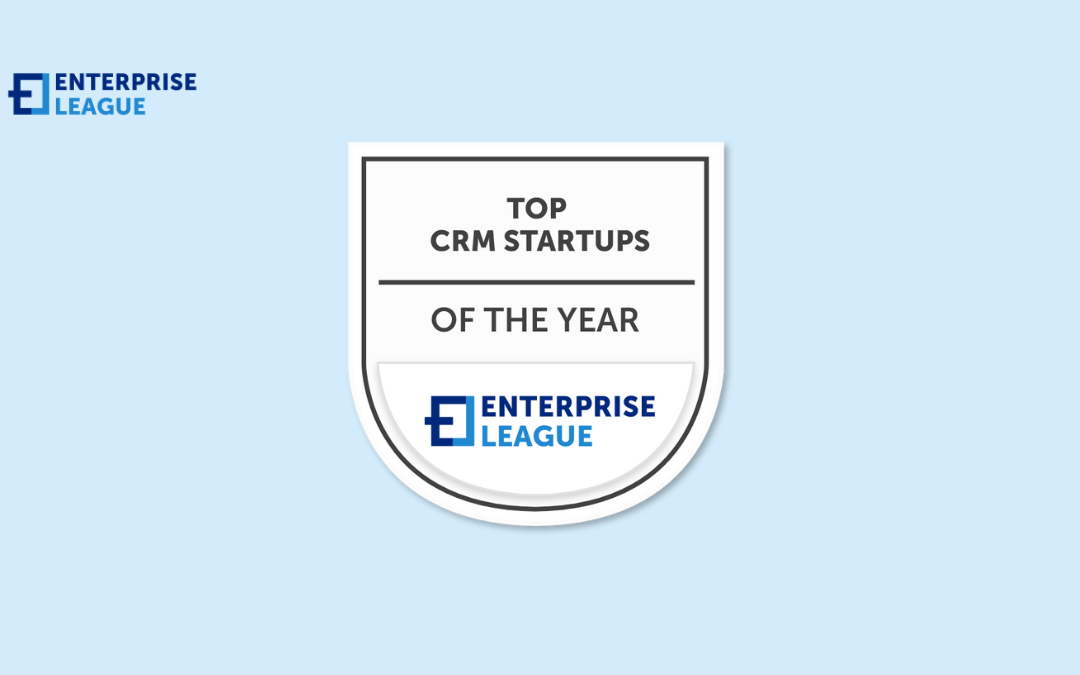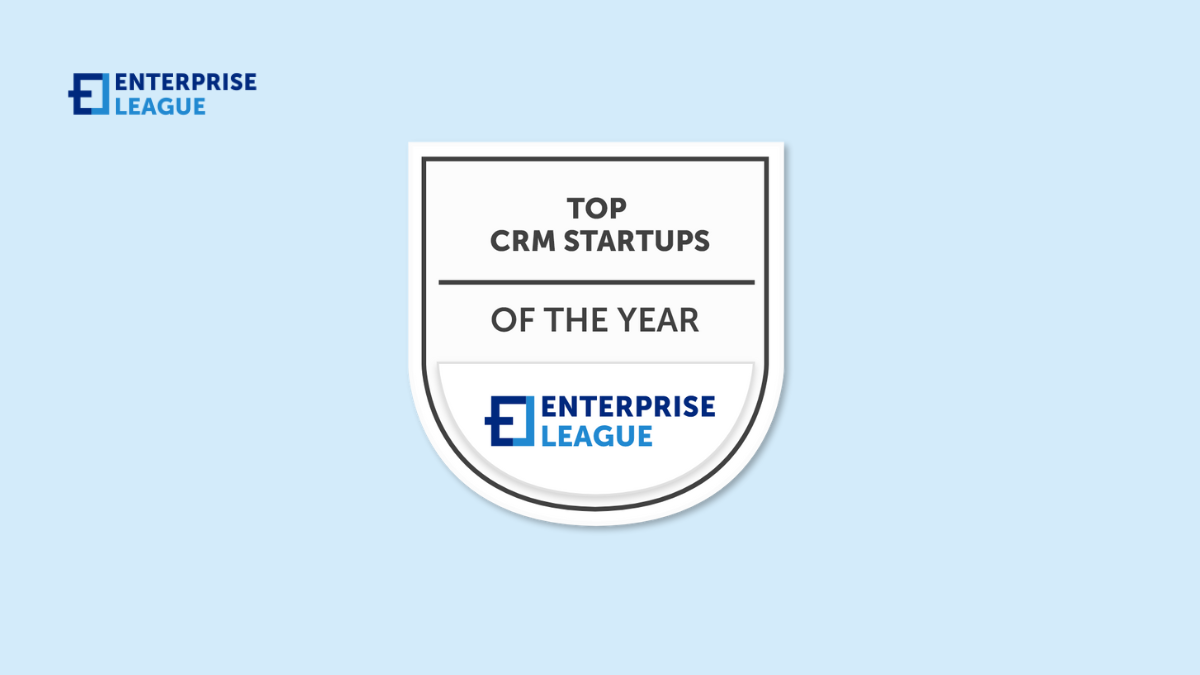Take a look at these business quotes for customers that can be definitely a great help while you’re coping with overwhelming situation and you need extra boost.

The evolution of advertising: How agencies are adapting in 2025
Advertising, once a straightforward endeavor of creating visibility for products and services, has transformed into a complex, multifaceted discipline that intersects with technology, psychology, and art.
This metamorphosis has been driven predominantly by two forces: relentless technological advancements and the ever-evolving behavior of consumers. The digital era has introduced a plethora of tools and platforms, fundamentally altering how agencies create and disseminate advertisements.
Advertising agencies like an advertising agency in Houston, not just adapting but thriving by embracing new technologies, redefining creativity, and fostering deeper connections with consumers. This article aims to explore these adaptations, shedding light on the ingenious ways through which the world of advertising continues to evolve, innovate, and influence.
Technological innovations shaping advertising
Artificial Intelligence has become a cornerstone in modern advertising. Agencies now employ AI for predictive analytics, which forecasts consumer behaviors and preferences with remarkable accuracy.
AR and VR technologies have transformed advertising into an interactive and immersive experience. Agencies are leveraging these tools to create compelling narratives that allow consumers to engage with products in a virtual space.
The proliferation of big data has equipped advertisers with insights into consumer behavior like never before. By analyzing vast datasets, agencies can identify patterns and trends that inform more effective advertising strategies.
However, this power comes with responsibility, as agencies must navigate the ethical implications and privacy concerns associated with using consumer data. Transparent data practices and adherence to privacy regulations have become critical in maintaining consumer trust.
Changing consumer behaviors and expectations
Modern consumers demand genuine engagement and transparency from brands, they favor authentic brand storytelling over superficial marketing tactics. Advertising agencies are responding by crafting campaigns that are honest, relatable, and transparent, focusing on building long-term trust with consumers.
There is a growing expectation for brands to be socially and environmentally conscious. Consumers are more likely to support companies that align with their values, especially in terms of sustainability and social causes.
Agencies are therefore integrating these themes into their campaigns, not just as a marketing tactic but as a core business strategy. This shift not only resonates with the audience’s values but also fosters a positive brand image and loyalty.
The role of social media and influencer marketing
Social media and influencer marketing continue to play a pivotal role in the advertising strategies of agencies, adapting to new platforms and leveraging the power of influential personalities.
Social media platforms are constantly evolving, introducing new features and algorithms. Agencies in 2024 are quick to adapt, utilizing these platforms’ latest capabilities to reach audiences more effectively.
The rise of short-form video content and interactive features, for instance, has led to more engaging and dynamic advertising methods.
The landscape of influencer marketing has expanded beyond traditional celebrities to include micro and nano influencers. These influencers, often with smaller but highly engaged followings, offer a level of authenticity and niche appeal.
Agencies are tapping into this trend, recognizing the value of these influencers in creating relatable and highly targeted content. This shift not only diversifies the influencer pool but also allows for more personalized and effective advertising campaigns.
The emergence of new advertising formats
- Interactive and 360-degree video ads: These formats have revolutionized the advertising world by offering immersive and engaging experiences. Interactive ads allow viewers to participate actively, making choices that influence the ad narrative, thereby increasing engagement and recall. 360-degree video ads provide a panoramic view, giving consumers a more comprehensive and immersive experience of the product or environment. These formats are especially popular in sectors like travel, real estate, and automotive, where experiencing the product’s environment enhances its appeal.
- Voice search and audio advertising: With the increasing use of voice-activated devices, voice search optimization has become crucial for advertisers. Audio advertising, particularly in podcasts, has surged in popularity. These ads are often integrated seamlessly into the content, making them less intrusive and more acceptable to listeners. They offer a unique way to reach audiences through a medium that is both intimate and convenient, capitalizing on the growing trend of multi-tasking media consumption.
Challenges and opportunities
- Navigating the privacy landscape: The increasing concern for privacy, coupled with stringent regulations like GDPR and CCPA, presents a significant challenge for advertisers. Balancing personalized advertising with privacy compliance has become a tightrope walk. Agencies are investing in privacy-compliant data collection methods and focusing on transparency to build consumer trust. This challenge also opens opportunities for innovative approaches to data utilization and ethical advertising.
- The need for agility and continuous learning: The rapid pace of technological advancements and changing consumer preferences necessitates a culture of agility and continuous learning within agencies. Staying ahead of marketing trends, experimenting with new technologies, and being adaptable to shifts in the market are crucial for success. This environment fosters creativity and innovation, as agencies are constantly pushed to explore new frontiers in advertising.
These challenges and opportunities underscore the dynamic nature of the advertising industry in 2024, where adaptability and forward-thinking are key to navigating the evolving landscape.
Conclusion
The integration of AI, AR/VR, and advanced data analytics, along with a renewed emphasis on authenticity, social responsibility, and innovative formats, highlights the industry’s adaptability and resilience. Challenges like privacy concerns and the need for constant learning have spurred creative solutions, ensuring that advertising remains dynamic and effective.
Looking forward, the advertising world is poised to continue its evolution, driven by a relentless pursuit of innovation and a deep understanding of the human connection. The journey thus far underscores a future brimming with possibilities, as agencies and brands alike strive to create meaningful, engaging, and responsible advertising in an ever-changing world.
More must-read stories from Enterprise League:
- Learn about all the tips and apps you need to successfully manage a remote team.
- Engaging online networking events that you should not miss.
- B2B payment solutions that can help you transform your business.
- Aspects that show the importance of cross-cultural communication in the workplace.
Related Articles
30 inspirational business quotes for customers
40 inspirational business quotes to boost your confidence
Inspirational business quotes can boost your confidence, remind you why you started this journey, and assure you that you’re not alone in your struggles.
34 funny entrepreneur quotes to brighten your day
These 34 funny entrepreneur quotes will make you laugh long after you’ve read them. They’ll help you to put a smile on your face and brighten your day.
How SEO conferences can boost your strategy
SEO conferences do more than share tips, they show you what’s coming next in search.So, let’s learn why live events beat online learning for staying ahead.
21 inspiring business role models loved by entrepreneurs
21 entrepreneurs share their favourite business role models who inspire them to accomplish their dreams by setting an example. Who is your role model?


















